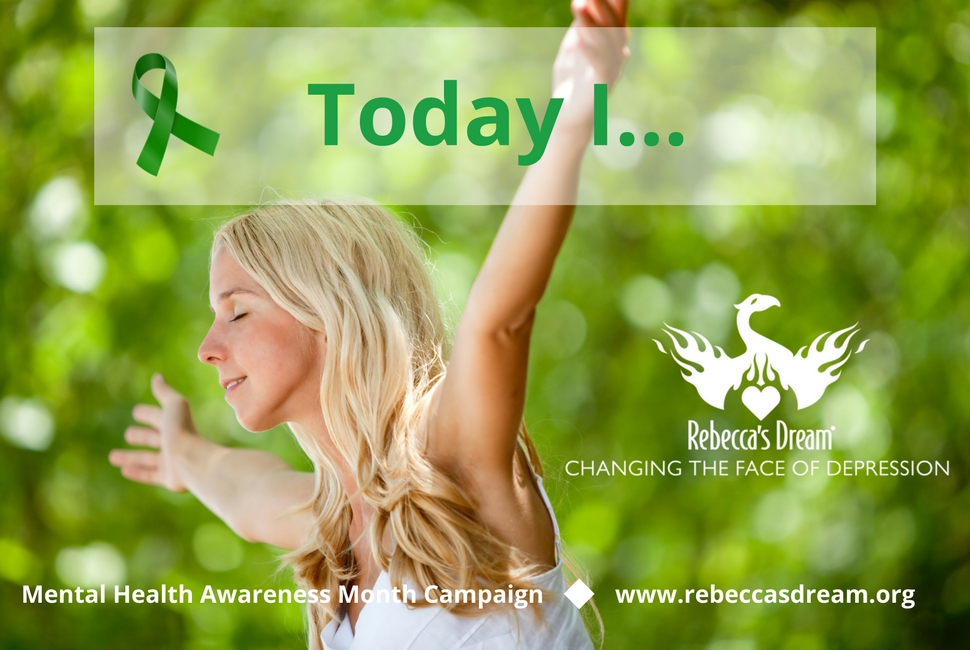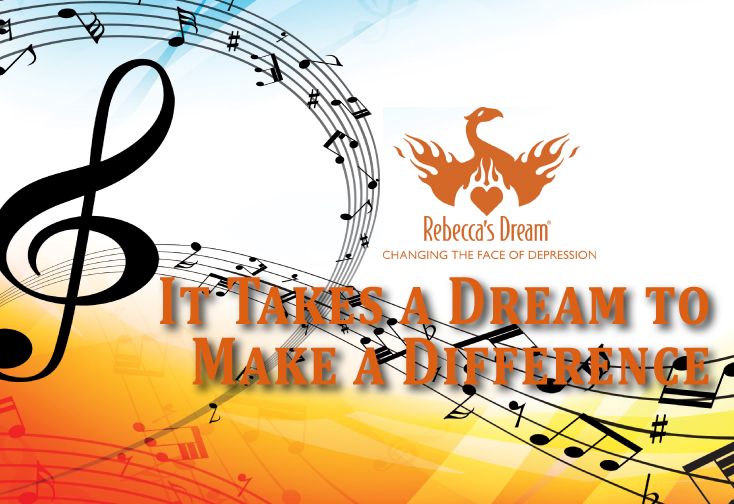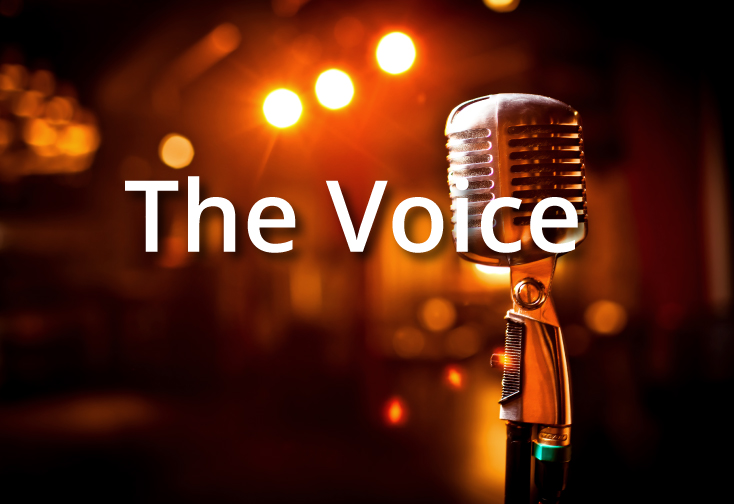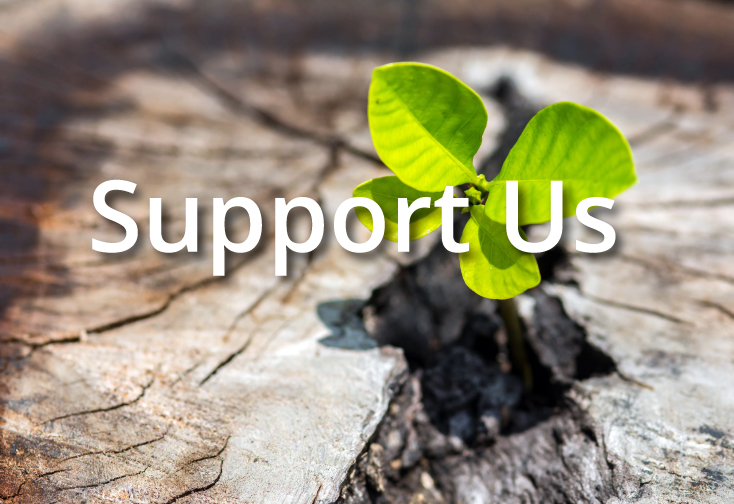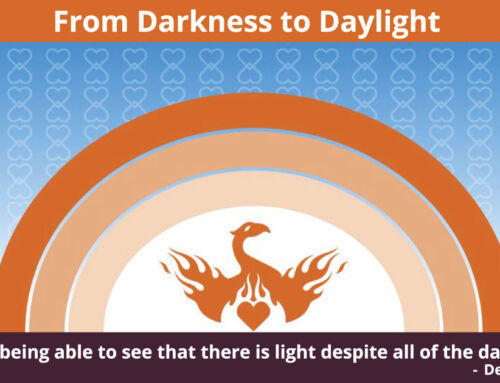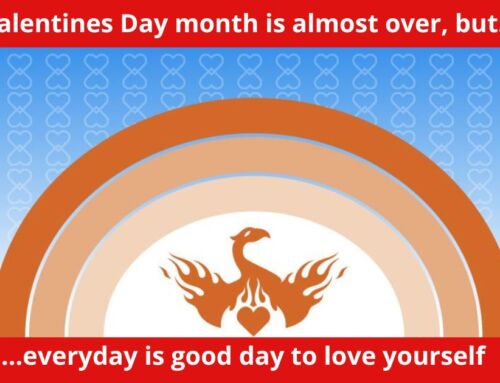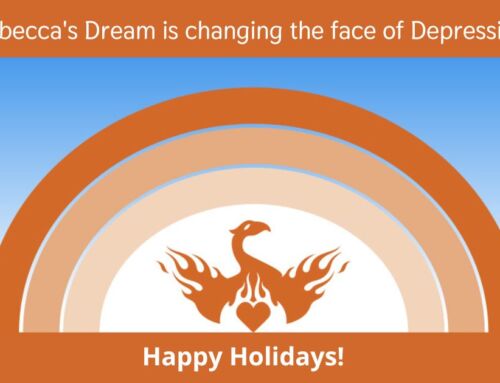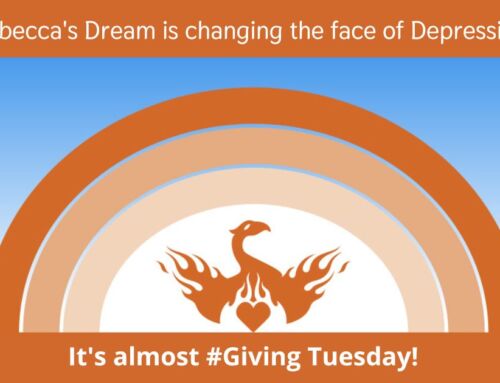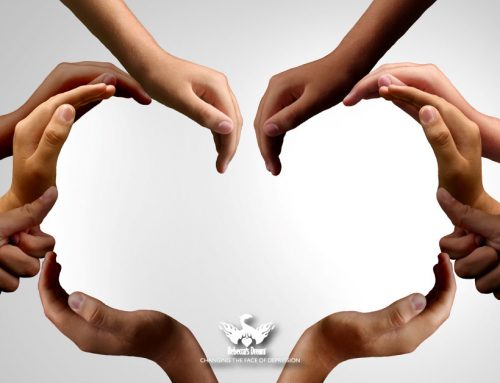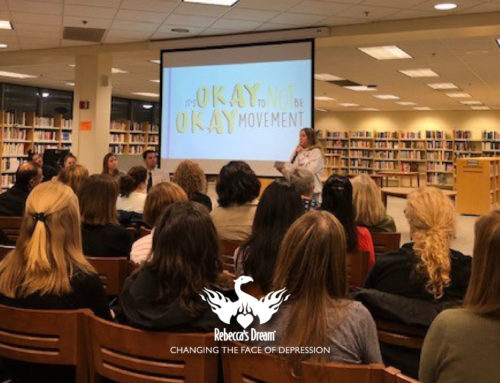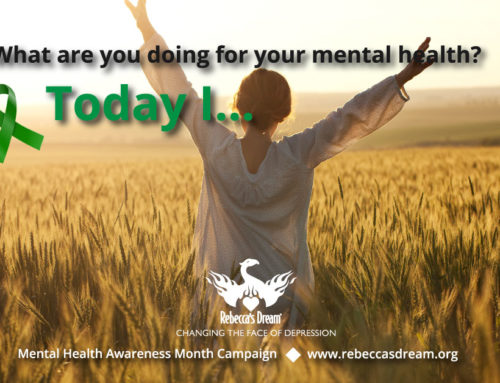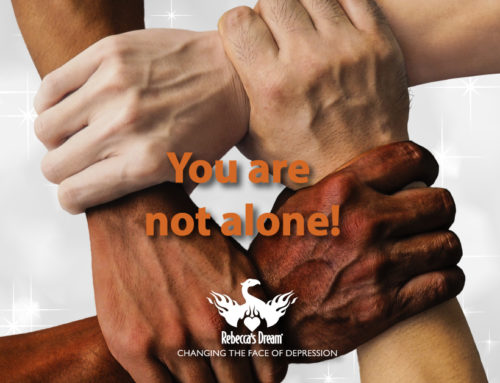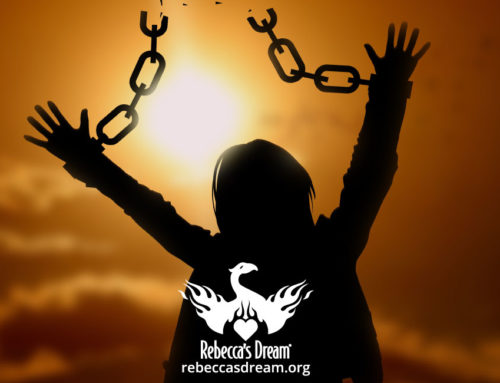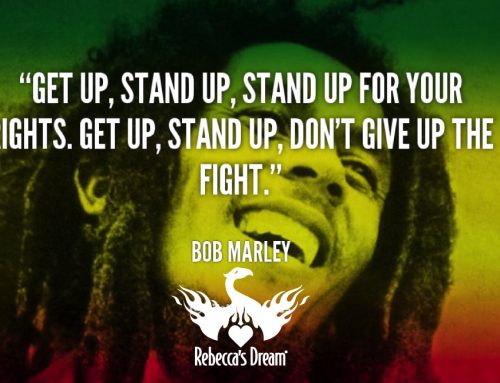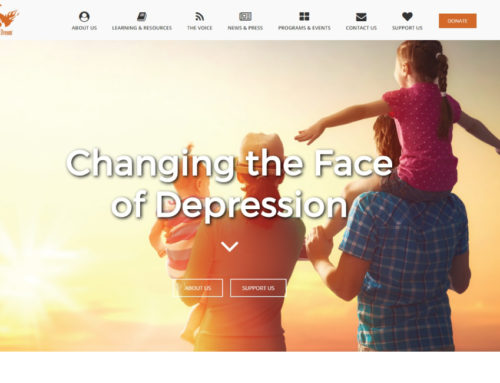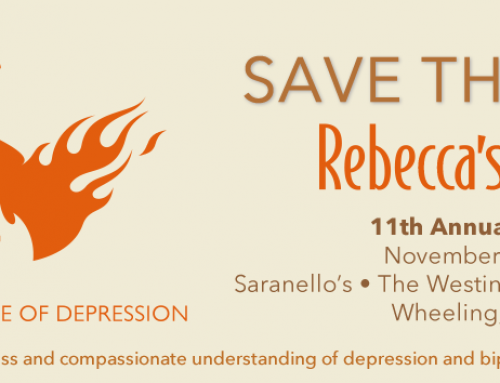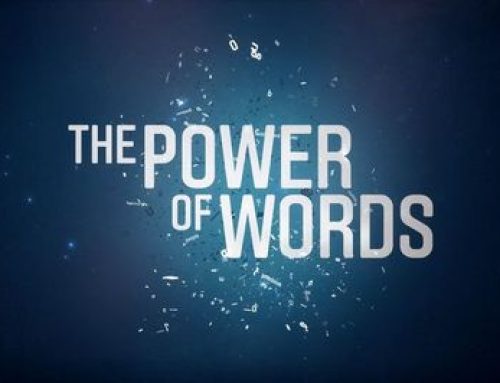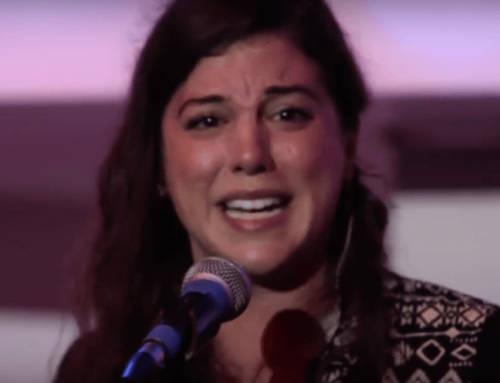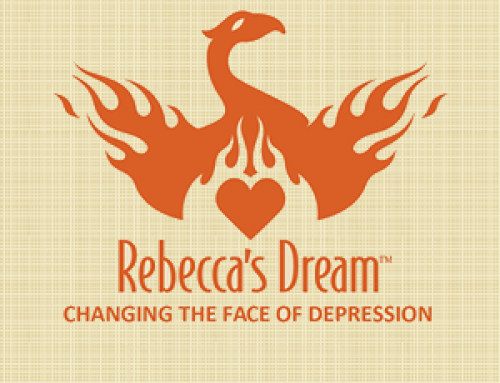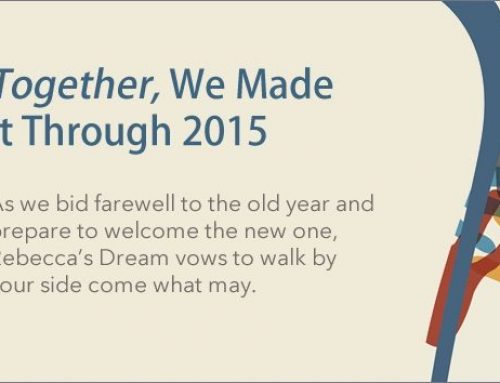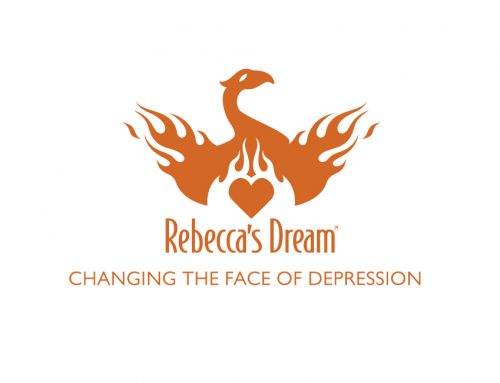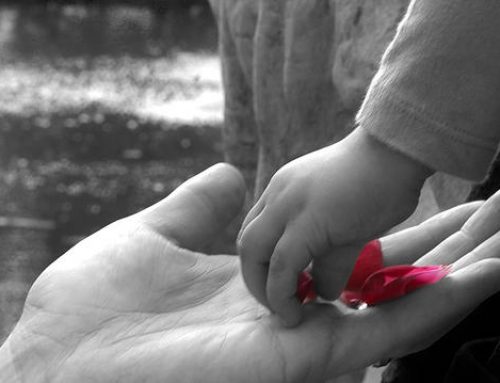ARE WE THERE YET?
No!
And I’m angry about that!
For this month’s “Voice,” I intended to write a calm, clear, and even-handed review of the positive mental health beliefs I’ve seen over these past 13 years since Rebecca’s untimely death by suicide due to bipolar disorder. Being a person of my word, I will do that. But first, I want to share what sparked the anger I’m feeling.
During my research for this “Voice,” I came across an anonymous letter to the editor, written for Princeton University’s daily newspaper, The Daily Princetonian, just last month on May 14, 2017.*
The Editor’s Note at the beginning validates my anger and belief that we are not there . . . yet. Here’s what it says: “This column discusses issues and events that might be traumatizing, or triggering, for some, namely suicide. The author was granted anonymity due to the intensely personal nature of the events described.”
“Anonymous” wrote a brutally honest and also incredibly touching letter describing “living” on campus with undiagnosed bipolar II disorder:
And no one knew, because I didn’t want to burden anyone with my problems . . . . my best friend forced me to see someone . . . . They told me about bipolar disorder, that I had it, and what I could do to help it. They said it was a chemical imbalance in my brain and gave me hope. Hope that maybe I wasn’t the messed up, lazy, incompetent person that much of this year had led me to believe that I was.
The next few lines make my heart palpitate and my blood boil. “Anonymous” writes about the truth of stigma on college campuses everywhere . . . not just Princeton. Please, read on:
But the main reason I didn’t seek help sooner was embarrassment, shame. The stigma associated with mental illness is real. It’s why I hide my pills when people come over, why I told my professor I had a stomach bug when I really couldn’t move because I was depressed, why I smiled and said, “I’m fine,” even as my world was crashing down around me. It’s also why I don’t want to associate my name with this story. I’m not willing yet to be completely open about my struggle with bipolar disorder. I hope that someday I will be able to share my story, with my name attached, but, for now, I worry such openness will come back to hurt me in my professional career and personal life. I haven’t even told my parents yet.
“Anonymous” writes about paying out-of-pocket for needed medications to prevent an insurance paper trail for future career opportunities. Prescription information through your health insurance plan is permanently available for anyone to search and use against you, if so desired.
How do I know this? Well, we paid for Rebecca’s meds out-of-pocket for years to help protect her privacy. It was the right decision at that time and may still be the right decision for those who fear stigma and its many ramifications.
“Anonymous” has learned important life lessons:
. . . policies are not going to help those with illnesses reach out and seek help; personal attitudes will . . . how can they help if you feel so much shame in accessing them? When someone asks, “How are you?” and you’re not so great, tell them that! The first words are always the hardest.
The letter ends on an upbeat and positive note: “Anonymous” is receiving treatment, doing well, and wanting to help others in need. The fear of shame and stigma did not win. Not this time.
As Steve Propst, my dear friend and friend of Rebecca’s Dream, recently wrote for bp magazine: “It’s high time to start recognizing bipolar as a treatable medical condition; to start providing more accessible, quality care; to stop reducing people to their diagnosis; and to stop stripping people of their humanity. Let’s advocate strongly for positive change. Let’s move beyond the problematic paradox we face today. Let’s promote the realistic possibility for a better tomorrow where wellness and well-being come first—for all of us.”**
And now, like I said I would earlier, I’d like to talk about those positive steps toward that “better tomorrow” that have been taken by many whose open, honest, and sincere strides are helping reduce the stigma of mental health. In fact, I could write pages and pages about the efforts of all the people and organizations—the press, social media, theater, mental health foundations, celebrities, medical and mental health care professionals, teachers, caregivers, friends, families, and ordinary people—like “Anonymous” at Princeton—who strive to tell the truth about disorders of the brain. They are real diseases. That’s the whole story, beginning and end, about mental illnesses: they are REAL DISEASES. It’s a FACT. Believe it!
Those who have stepped up and stepped out to share their personal stories give credence to the reality of living with mental illness. They shine light on the darkness. They give hope to the hopeless. They educate the uninformed. So many have been encouraged to openly share their own struggles because of the unabashed honesty of celebrities like these, people who are already in the limelight and have the public’s attention: Adam Levine, Carrie Fisher, Drew Barrymore, Michael Phelps, Prince Harry, Lena Dunham, Demi Lovato, Kim Kardashian West, Lady Gaga, Kendall Jenner, Chrissy Teigen, Jon Hamm . . . and the list goes on and on. After all, think about it: one in four people live with mental illness, and these folks are people living among us. Just because they’re “famous” doesn’t given them a free pass from mental illness. They, too, are part of those statistics and members—like “Anonymous”—of the “one in four” club.
I, personally, thank every one of these folks for their strength and courage to put themselves on the line and speak the truth of their lives. But many others are not at all eager to be so open and forthcoming; they remain anonymous, like the Princeton student, out of fear. Fear that their illness will be discovered and that they’ll be launched on a terrifying roller coaster ride of losing . . . their friends and significant others . . . their jobs and their credibility . . . respect within their community . . . their ability to fake it “till they make it” . . . . Losing.
Are we there yet?
“Anonymous” at Princeton says, “No.”
Steve Propst says, “Not yet.”
Gail W. Cutler says, “I’m angry. I want stigma to disappear now, and I try to remain hopeful it will . . . someday.”
Thank you to everyone who speaks up, speaks out, speaks their truth, and continues to fight the good fight against mental health stigma and shame. You are needed. You are warriors. As a collective society, we may not be “there” yet. But you are! Thank you for showing the rest of us the path to follow.
With hope,
Gail
*”School, Sadness, and Stigma.” The Daily Princetonian. May 14, 2017. Page 5.
**”Bipolar & Stigma: A Problematic Paradox.” bp Magazine. April 28, 2017.
“1 in 4 people. Like me. Have a mental health problem. Many more people have a problem with that.”
– Stephen Fry
Life Events and Bipolar Disorder
June 4, 2017. This date sounds innocuous but in truth it looms large. June 4, 2017 is the day my youngest son graduated high school. I am beyond proud of him, especially because he faced some serious developmental challenges in his younger days. I am excited for his new adventure as he gets ready to march off to Indiana University in the fall. Although this is a very exciting time, there is a dialectic that arises I celebrate.
My bipolar disorder seems to be triggered at least in part by the impending changes to our family dynamics. My first reaction is to be angry that I am feeling this way at this very exciting time. My kinder gentler self is trying to acknowledge that even very exciting times may prove difficult with my illness. I know June 4 signifies a very important milestone, and also the first phase of the new chapter of my son’s life. I will celebrate with him and with the rest of my family and I will try not to let my illness get in the way.
-Sheryl
Upcoming Event
SAVE THE DATE & GET YOUR TICKETS NOW!
July 16 @ Ravinia Festival, 3pm – 9:30 pm
Celebrating an evening of music with Rebecca’s Dream at Ravinia Festival at the Tchaikovsky Spectacular!
Thank you to Our Sponsors



Featured Book
Another Kind of Madness: A Journey Through the Stigma and Hope of Mental Illness
by Stephen Hinshaw
Glenn Close says: “Another Kind of Madness is one of the best books I’ve read about the cost of stigma and silence in a family touched by mental illness. I was profoundly moved by Stephen Hinshaw’s story, written beautifully, from the inside-out. It’s a masterpiece.”
A deeply personal memoir calling for an end to the dark shaming of mental illness
Families are riddled with untold secrets. But Stephen Hinshaw never imagined that a profound secret was kept under lock and key for 18 years within his family—that his father’s mysterious absences, for months at a time, resulted from serious mental illness and involuntary hospitalizations. From the moment his father revealed the truth, during Hinshaw’s first spring break from college, he knew his life would change forever.
13 Reasons Why – What to know when watching it. A Discussion with Dr. Michelle Epstein
Dr. Michelle Epstein, Clinical Psychologist and Scientific Advisor for Rebecca’s Dream, discusses “13 Reasons Why” on WGN-TV Morning News with Larry Potash and Robin Baumgarten.
Dr. Epstein expertly addresses how Hannah’s “revenge suicide” is fueled by distorted thinking. If Hannah’s parents, friends and school personnel had listened to her with compassionate understanding, she could have received necessary professional support for a treatable disease. Hannah chose a permanent solution for painful ~ but temporary ~ situations.
Dr. Epstein recommends providing our children with early education about their emotional health and well-being to help increase education and reduce the stigma associated with mental illness, and increase the probability that children and teens will reach out for support when needed.
Please listen in as Dr. Epstein discusses “13 Reasons Why.”



